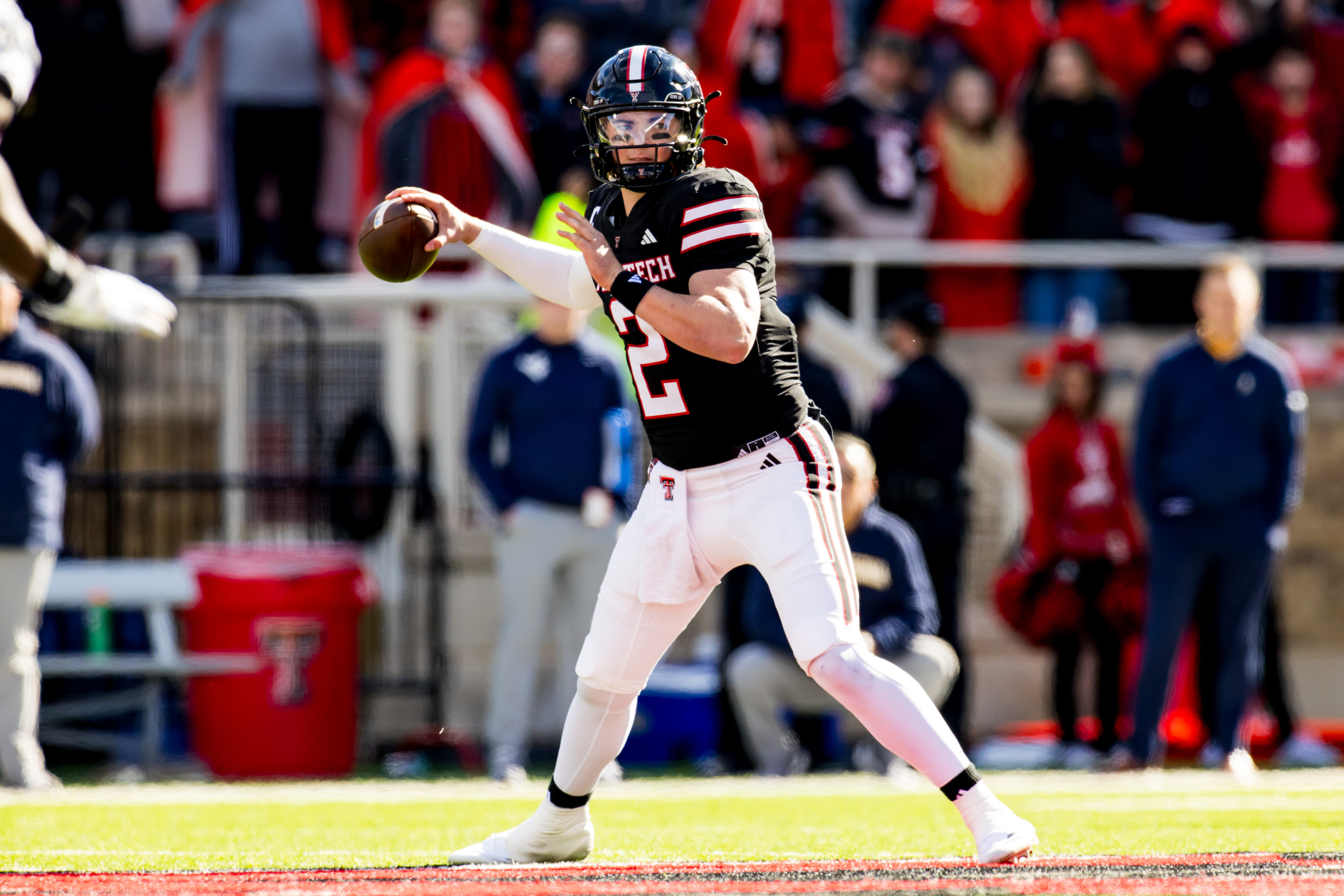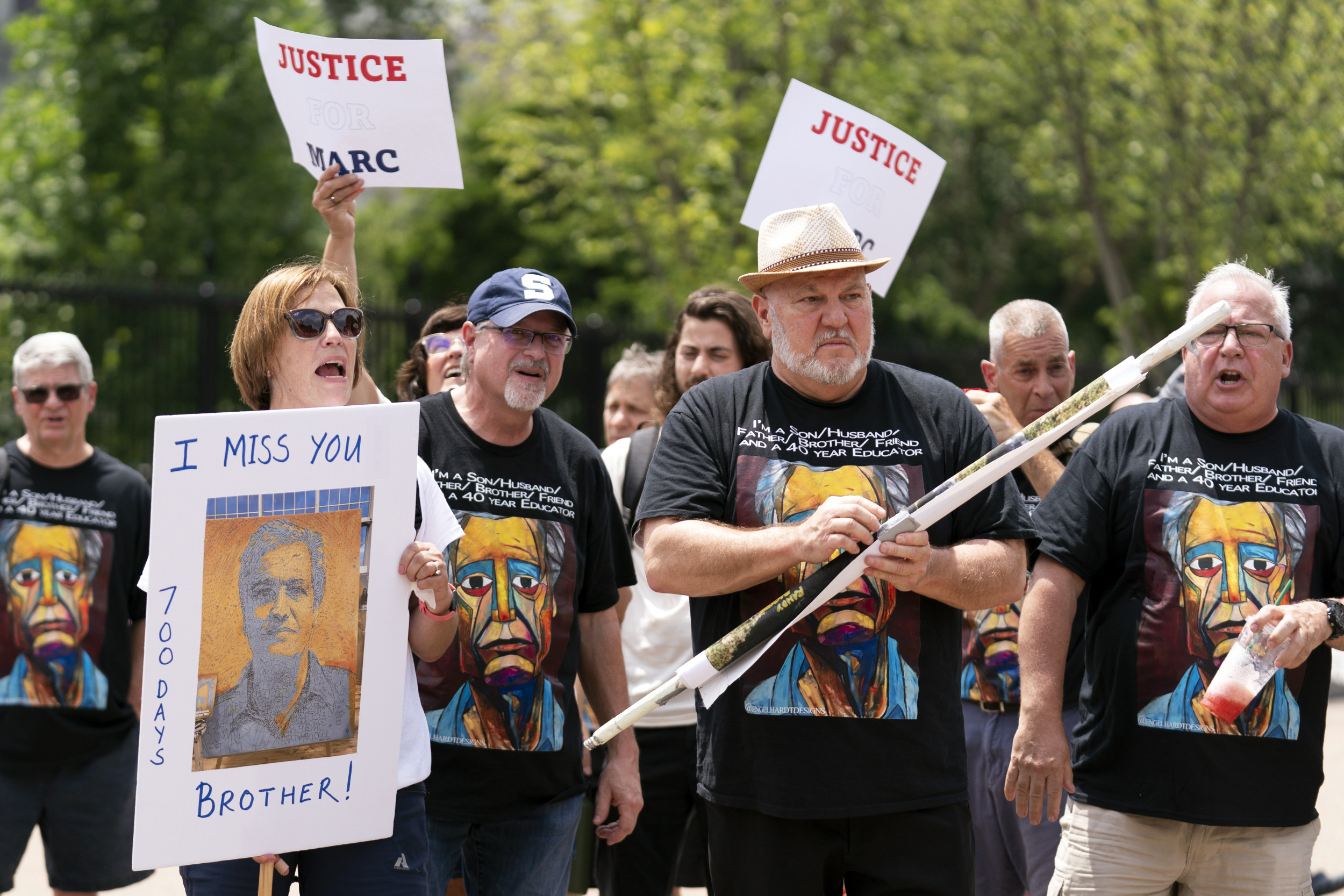The Supreme Court decided not to take on a case that could have major implications for affordable housing this week. However, Justice Neil Gorsuch broke with the larger opinion and would have ruled on rent stabilization rules in New York.
In Building & Realty Institute of Westchester and Putnam Counties v. the state of New York, a group of landlords argued that rent stabilization laws violated the Takings Clause.
This rule outlaws both federal and state governments from taking private property from Americans unless it pays them back.
The Building & Realty Institute also argued that New York's laws make it impossible for them to set rent prices and effectively manage their buildings, while the state believes it's necessary for affordable housing.

"More often than not, the reason the Supreme Court opts not to take on a case is they feel like past rulings—either at their level or lower—have offered adequate input on the best course of action," Alex Beene, a financial literacy instructor for the University of Tennessee at Martin, told Newsweek.
"This has been an ongoing issue in New York for years now, with rents seen by many as being unsustainable for current residents and a barrier to entry for those wanting to relocate there."
The Supreme Court ultimately opted against hearing the case, but Gorsuch would have opened up the ruling to decide whether landlords are harmed by state laws like New York's.
"Landlords often oppose rent controls, arguing that they make it financially challenging to maintain or upgrade properties. This can reduce incentives to invest in rental properties, potentially impacting housing quality and availability," Kevin Thompson, a finance expert and the founder and CEO of 9i Capital Group, told Newsweek.
"Some argue that rent controls can contribute to higher rent prices in non-controlled areas as demand shifts toward newer or more modern properties, driving up prices elsewhere."
Newsweek reached out to the Supreme Court for comment via email.
As inflation remains high, many Americans have been priced out of certain areas for both home purchases and rentals.
Home prices increased by 46 percent from March 2020 to March 2024, according to the Case-Shiller 20-City Composite Home Price Index. And according to the National Low Income Housing Coalition, there is a shortage of more than 7 million affordable homes for over 10.8 million low-income families.
Thompson said Gorsuch, known for his conservative philosophy, typically favors limited government intervention, especially as it concerns property and contract rights.
"He may view rent control as a violation of property rights by restricting landlords' autonomy, aligning with his belief that government regulations should not overly encroach on private ownership and contracts," Thompson said.




















 English (US) ·
English (US) ·